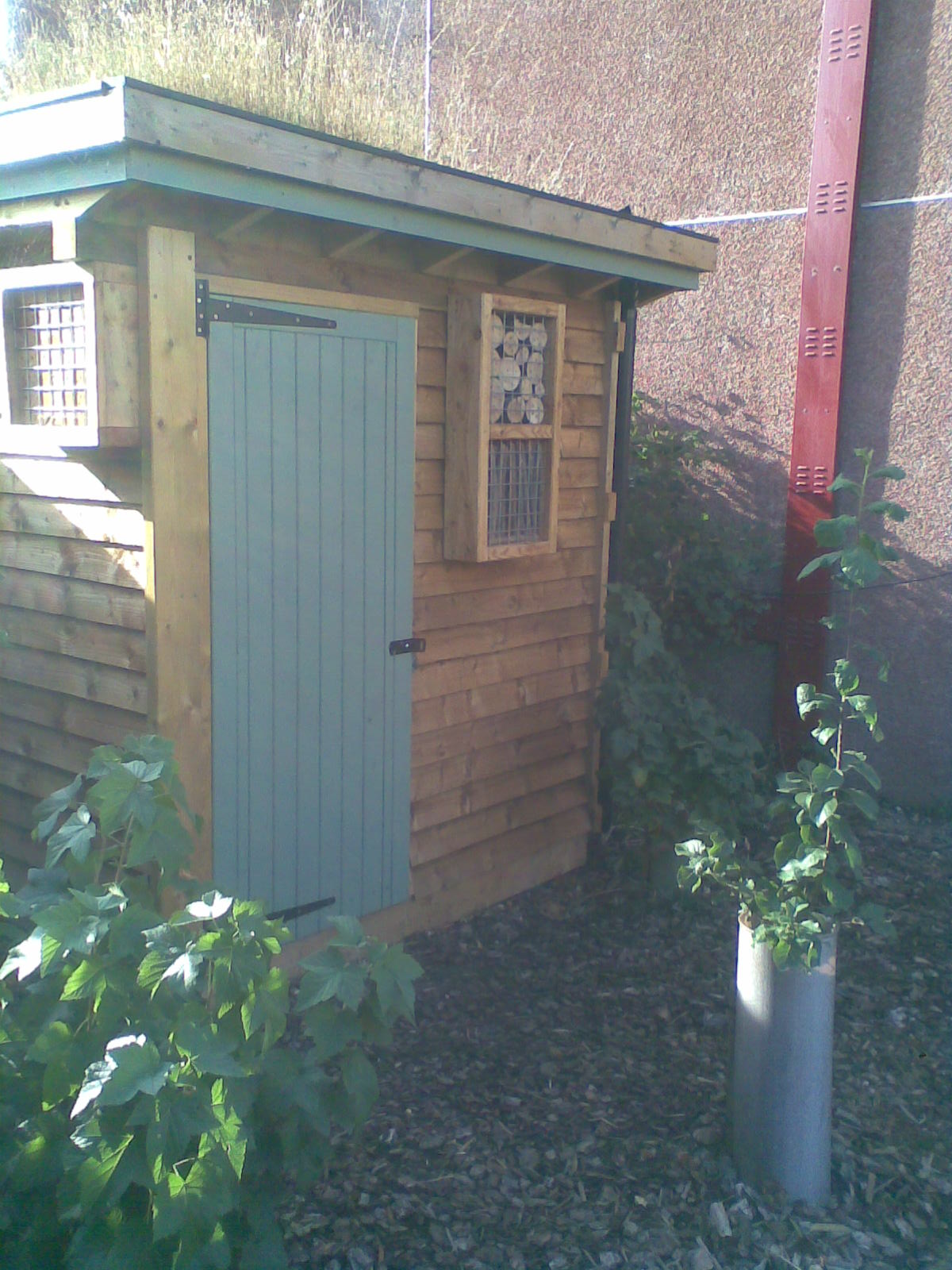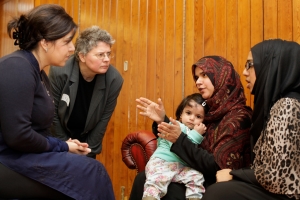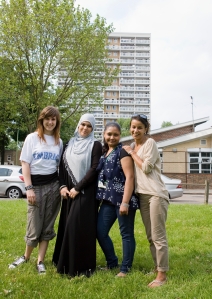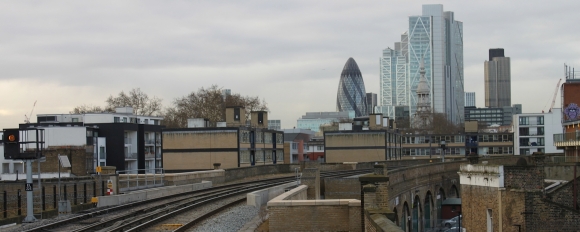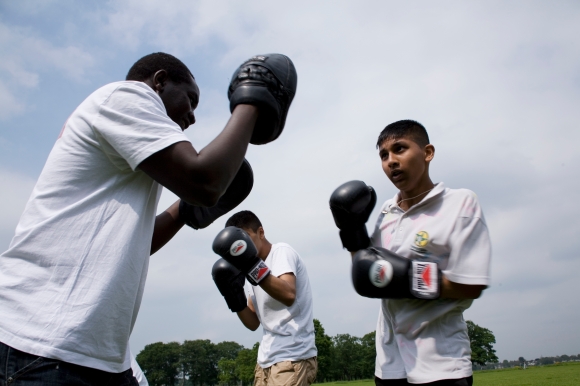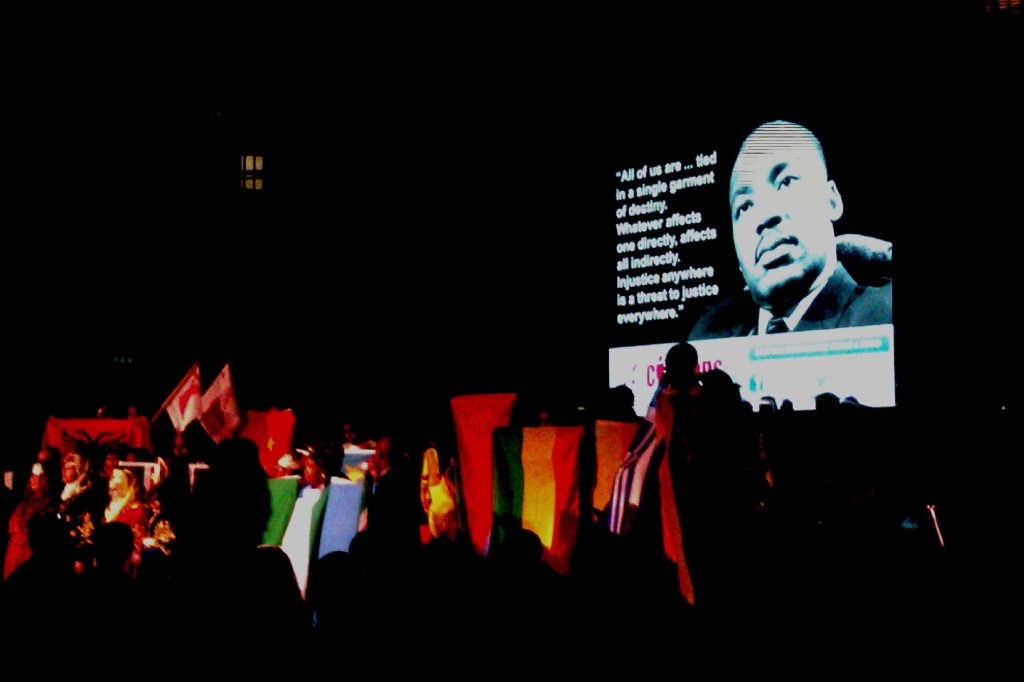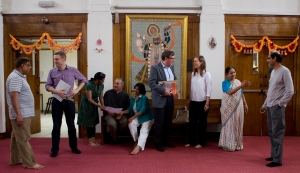 Mariam Kizza has recently begun as a Community Organising Apprentice at CTC, and will take part in the 2023-4 Buxton Leadership Programme. In this blog, she explains why her faith has inspired this engagement with organising, and describes her journey so far…
Mariam Kizza has recently begun as a Community Organising Apprentice at CTC, and will take part in the 2023-4 Buxton Leadership Programme. In this blog, she explains why her faith has inspired this engagement with organising, and describes her journey so far…
As a Christian, I have found myself increasingly challenged that we must be intentional and committed to being present in the community and in public life. When I first read up on the Buxton Leadership Programme, it resonated with me straight away.
I was drawn by its aims which make the crucial link between the Christian faith and bringing about justice. By this time, I had already been on a journey of realising the importance of voice. Not only in finding my own voice but also in advocating on behalf of others. As I explored the practice of community organising more, I particularly identified with its principle of mobilising ordinary people and empowering them to use their voice to bring the desired change.

 This is the last of our Director’s Lent blogs on silent prayer. His
This is the last of our Director’s Lent blogs on silent prayer. His 



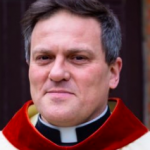




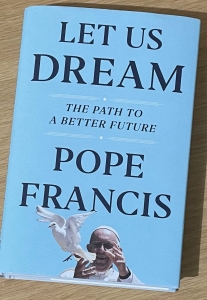

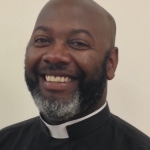
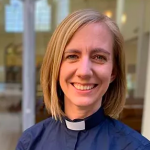







 In last Sunday’s sermon, Fr Richard Springer (Rector of
In last Sunday’s sermon, Fr Richard Springer (Rector of 



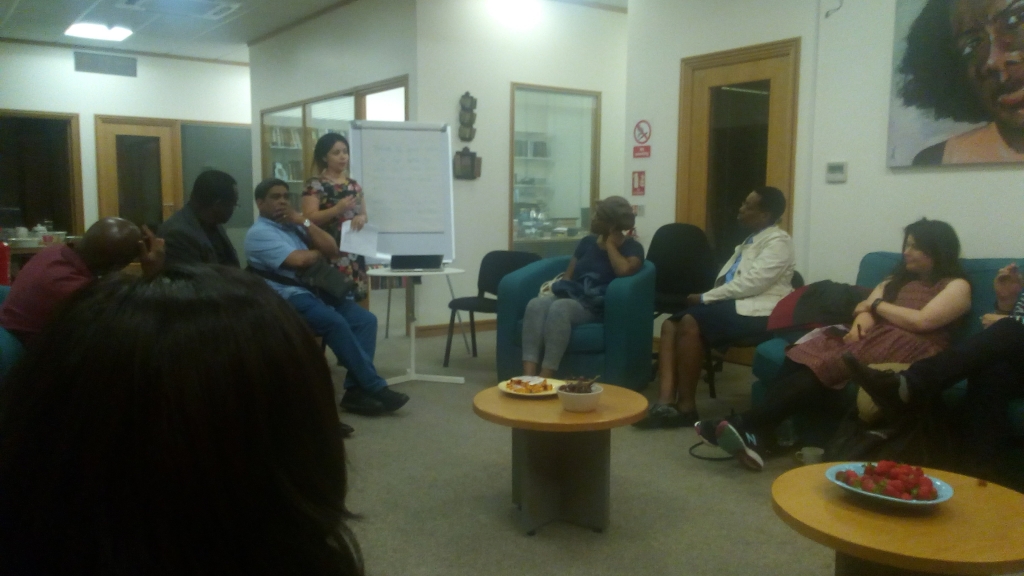
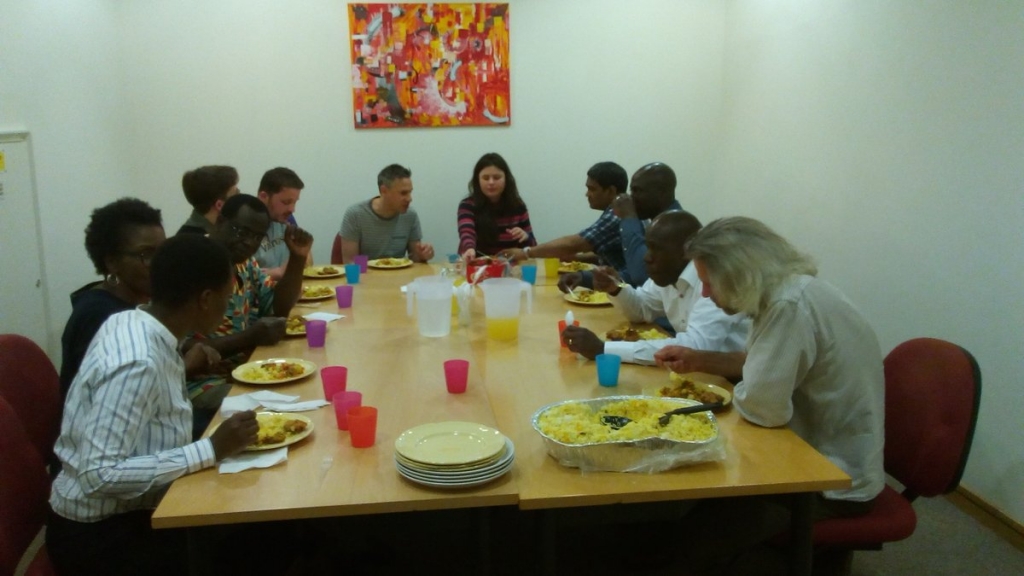

 Laura MacFarlane and Zoe Mathias blog on an exciting weekend coming of vocational discernment which is coming up next month…
Laura MacFarlane and Zoe Mathias blog on an exciting weekend coming of vocational discernment which is coming up next month…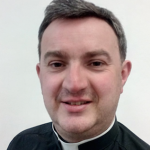







 Claire Moll is a member of the
Claire Moll is a member of the 
 As Christians around the world remember Jesus’ last supper, we are printing a reflection by Selina Stone (who co-ordinates our
As Christians around the world remember Jesus’ last supper, we are printing a reflection by Selina Stone (who co-ordinates our  In 2012, Austin Tiffany spent four weeks on CTC’s Summer Internship (known then as the “Jellicoe internship”). With
In 2012, Austin Tiffany spent four weeks on CTC’s Summer Internship (known then as the “Jellicoe internship”). With 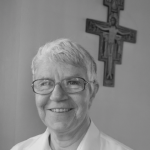 As Lent approaches, our Chaplain Sr Josephine Canny OA blogs on how our keeping of the season might relate to our care of God’s creation…
As Lent approaches, our Chaplain Sr Josephine Canny OA blogs on how our keeping of the season might relate to our care of God’s creation…

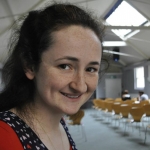


![IMG_20160523_113700[1]](http://www.theology-centre.org.uk/wp-content/uploads/2013/04/IMG_20160523_1137001.jpg)
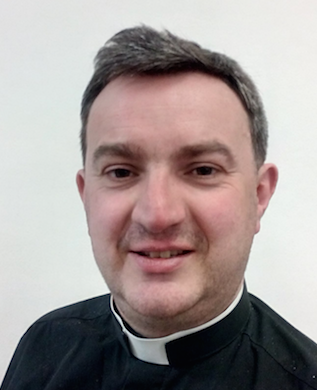


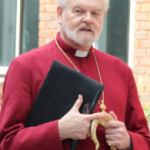
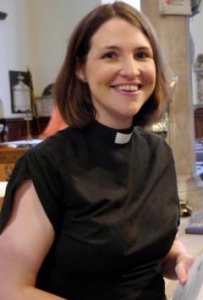




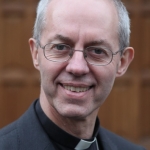


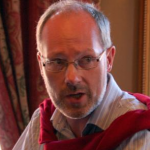


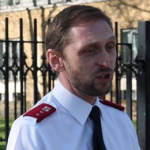
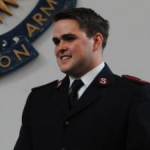
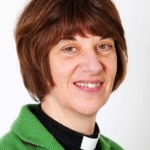





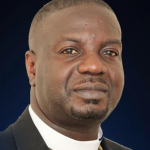






 .
.